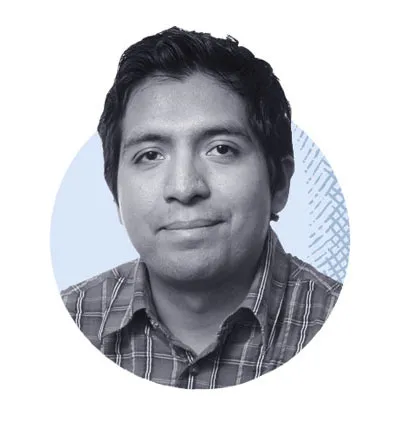You'll Need Way More Money Than You Think for Health Care Costs in Retirement

A 65-year-old couple retiring this year can expect to pay an average of $315,000 on health care expenses throughout retirement, according to the latest Retiree Health Care Cost Estimate by Fidelity Investments. That’s up 5% from the 2021 estimate of $300,000, and nearly double what it was 20 years ago when Fidelity first began the annual study.
The 2022 retirement health care cost estimate for single retirees is $150,000 for men and $165,000 for women. Fidelity’s estimate assumes a heterosexual couple where both members are enrolled in traditional Medicare, which between Medicare Part A and Part B covers expenses such as hospital stays, doctor visits and services, physical therapy, lab tests and more, and in Medicare Part D, which covers prescription drugs. The total includes Medicare premiums, copays and out-of-pocket services that Medicare doesn't cover.
Americans don’t expect health care costs to be so high
Despite these daunting numbers, Americans generally are not aware of what health care costs will be in retirement. In fact, once presented with Fidelity’s study, 70% of respondents to a recent survey say they feel unprepared to cover health care expenses during retirement.
But there’s some good news, too. Forty seven percent of those with a health savings account believe they are prepared to cover health care expenses in retirement, compared to 27% of those without one. A health savings account, or HSA, is designed to help people save for health care expenses while enjoying tax benefits. Money in an HSA goes in tax free, grows tax free and can be withdrawn tax free as long as you spend it on qualified health expenses.
According to Fidelity' s latest study, 51% of respondents are unaware that money in HSAs can be invested in securities like stocks, bonds and ETFs.
Only people with a qualifying high-deductible health plan can open an HSA. You can open one through your employer or through a bank or investment management company. Oftentimes, employers match contributions to workers' HSAs, just as they do with 401(k)s. Here’s what HSA owners had to say about this benefit:
- A combined health plan and HSA contribution from their employer is a great value (56%)
- HSAs help reduce current health care expenses (53%)
- My employer makes an annual contribution to my HSA (50%)
However, an HSA isn’t the only tool that can help you save and then pay for health care expenses in retirement. At age 65, you’re eligible for Medicare. Nonetheless, Fidelity’s survey found that some people are unaware of how this government program works.
Medicare education is critical
About 57% of baby boomer respondents (ages 58-76 years old) incorrectly believe they can sign up for Medicare at age 62 and receive reduced benefits. While this is the case with Social Security, Medicare benefits begin only at age 65, and you have a seven-month window to enroll. That time frame begins three months before the month you turn 65 and ends three months after the month you turn 65. Health care costs tend to mount the older you get.
Without supplemental Medicare coverage, there is no limit on out-of-pocket expenses under traditional Medicare. Forty one percent of boomer respondents are unaware of this key fact. But, retirees can benefit by enrolling in a Medicare supplement plan (also known as Medigap) in order to limit their out-of-pocket expenses in exchange for a predictable monthly premium.
Still, Medicare does not cover nursing homes or other long-term care, and Fidelity's estimate excludes that potentially large cost as well. Among baby boomer respondents, 40% answered this incorrectly, as they think Medicare will pay for them to stay in a nursing home when they need help with activities of daily living such as bathing and eating. In fact, Medicaid will step in and pay for certain long-term care services, but only after applicants meet strict income and asset criteria.
More from Money
How to Save Money on Prescription Drugs, Medical Bills and Other Health Care Costs
Savers Are Finally Waking up to the Power of HSA Investing to Cover Their Medical Bills
